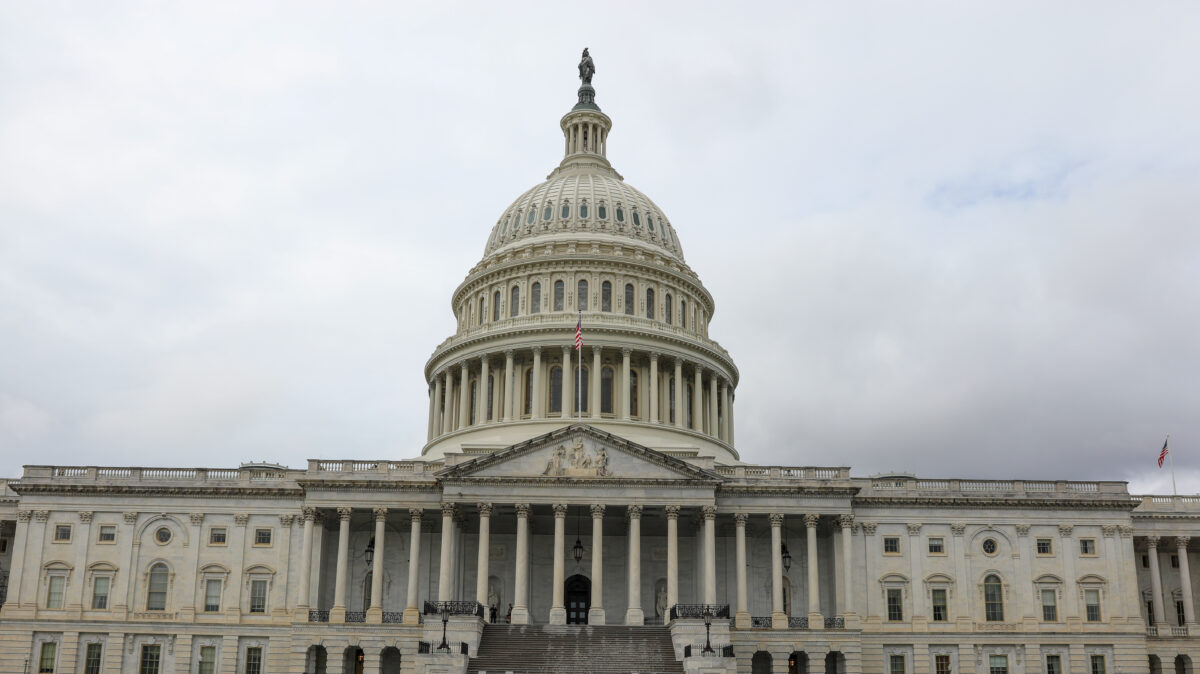Congress Can and Must Complete the Farm Bill
TOPICS
Farm BillZippy Duvall
President

photo credit: AFBF Photo, Philip Gerlach
Zippy Duvall
President
Here we go again. For the second time in a decade, we are down to the wire on the farm bill. While members of the House-Senate Conference Committee say they are close to reaching a deal, there are no guarantees. Farmers are in limbo—not knowing if the risk management programs they need to qualify for operating loans will be there.
Even if the conferees reach a compromise within the next few days, Congress will not vote on it until after the current farm bill expires. The sky won’t fall right away. The residual effects of programs that have been in place until now will keep working for a little while. But time will run out. And the longer it takes to get the new farm bill passed, the greater the harm to confidence in our farm economy. The proverbial runway is short—weeks at best.
Farmers are in limbo—not knowing if the risk management programs they need to qualify for operating loans will be there.
We use the word “certainty” a lot when we talk about the farm bill, and that’s a big part of why it’s important. The same as the stock market takes a dive if there’s a major shakeup at a big company or if the Federal Reserve sends mixed signals on interest rates, confidence in the farm economy takes a hit if farmers don’t have the certainty the farm bill provides. And the farm economy cannot withstand another hit right now.
USDA in August projected this year’s net farm income would be $65.7 billion—the third-lowest level over the past decade. The downturn in farm income over the past few years has driven farm debt to a record high of $407 billion projected for 2018. Another important indicator of farm financial health, the debt-to-asset ratio is projected to climb to 13.4 percent this year. It’s the sixth consecutive year of climbing debt as a percentage of farmers’ assets.
There are several reasons for the downturn in the farm economy. A slow-down in the global economy a few years ago, combined with favorable weather and expanding livestock production, resulted in a build-up of commodity stocks. Those stocks are weighing heavily on farm prices even as the general economy has recovered. Meanwhile, there’s uncertainty (there’s that word again) in some of our most important foreign markets. NAFTA talks have made progress, but the agreement remains on the bubble. Tariffs are hurting demand and prices for most of our agricultural exports. And we’re not opening enough new markets around the globe.
I’m continually amazed and impressed by the resilience of America’s farmers. But they need a strong farm program to survive this farm economy and keep providing our nation’s food security.
Our leaders in Congress are working hard on the farm bill, and we appreciate their efforts. But I cannot emphasize enough how important it is to get the job done. America’s farm and ranch families cannot wait very long before the lack of certainty makes a tough time even tougher.
Zippy Duvall
President
Vincent “Zippy” Duvall, a poultry, cattle and hay producer from Greene County, Georgia, is the 12th president of the American Farm Bureau Federation.
Top Issues
VIEW ALL